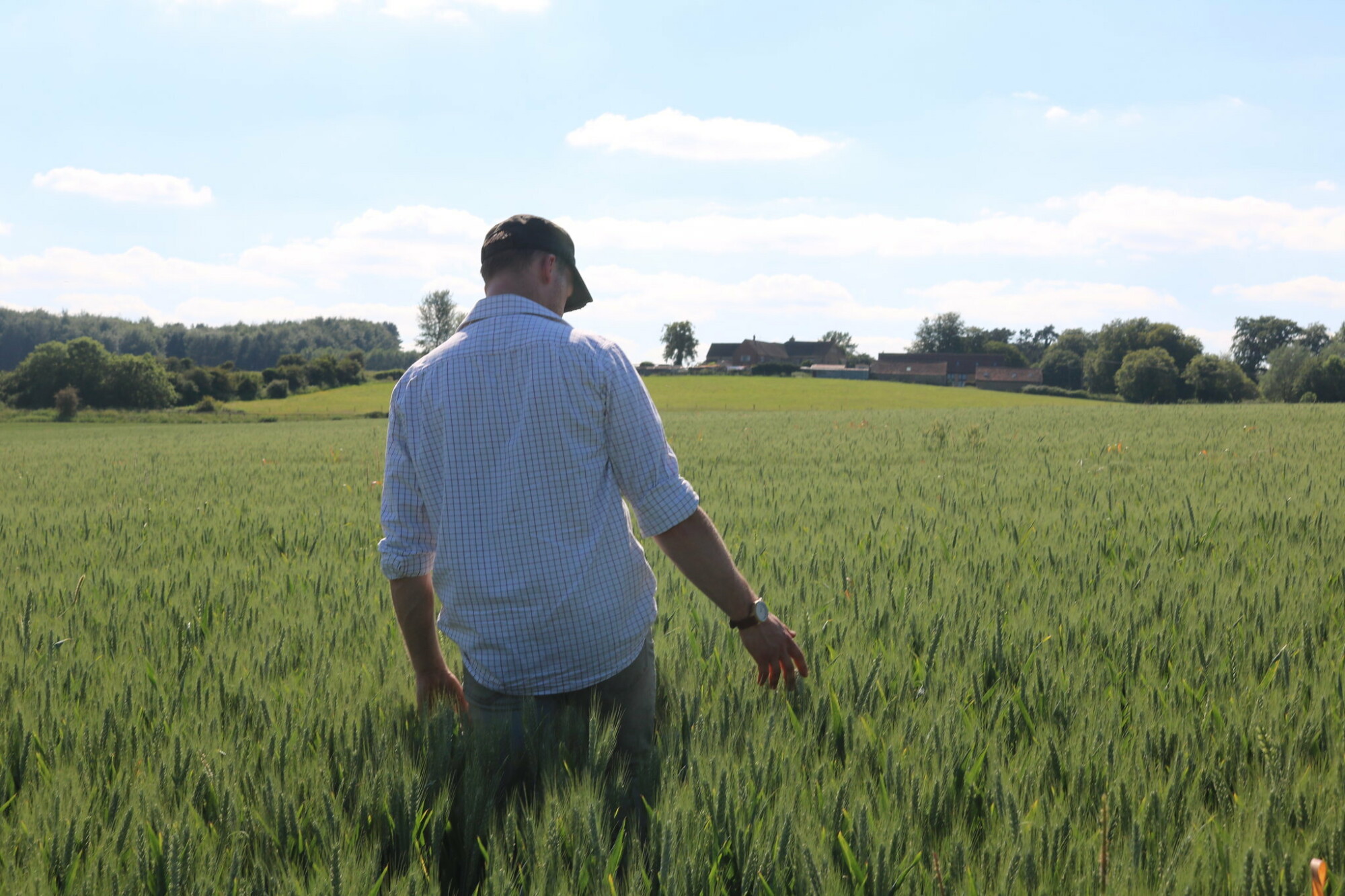Spring webinars address carbon concerns
18th February 2022
Issues relating to natural capital and the voluntary markets now opening up will be addressed at regular webinars hosted by Trinity AgTech and Trinity Natural Capital Markets (NCM) this spring, starting on Thursday 24 February.
“We’re aware that farmers have real concerns about the governance of carbon trading and feel under pressure to reach net zero,” notes Trinity AgTech senior managing director, Richard Williamson.
“Since we started on our journey with Sandy and NCM, we’ve been guided by some of the top experts and leading scientists. We’ve brought this expertise to the webinars, meetings and discussions we’ve held over the past six months. We’re very grateful to the many hundreds of farmers who attended these events and put forward their concerns.”
These have helped shape how Trinity NCM has developed since its launch in October, and played a key role in some of the features rolled out in Sandy version 2.0, that was released last month.
The fortnightly webinars will bring to farmers the latest understanding and experience of carbon, biodiversity and other aspects of the natural capital markets, with the opportunity for attendees to bring their own questions to an expert panel.
“It’s so important for the whole industry that these markets evolve in a way that brings confidence and value to both buyers and sellers. Fundamental to their success will be farmers who have taken control of the natural capital in their care, and are fully informed of their position going forward, whatever they choose to do,” continues Richard.
To complement the webinars, Trinity AgTech and NCM have published a brief guidance document. This addresses ten of the key questions farmers have raised over the past few months. These include:
- That you decide whether your individual business should reach net zero before trading carbon. Trinity NCM allows rewards for both carbon-positive and carbon-negative farms.
- Contracts can last from 1–20 years. You remain in control of your natural capital with checks, balances and buffers in place to protect both buyer and seller from changes in circumstance.
- Biodiversity can be accurately assessed across five key categories from management information you’ll probably already have. The methodology in Sandy has been developed by 17 of the country’s leading scientists.
Trinity NCM managing director Juan Palomares points out the platform has advantages that should deliver to farmers the confidence to trade. “We are fair – farmers are not stuck with clawbacks if they decide to exit the contract. Instead, we have a contractual and natural risk framework in place that address this in a fair manner.
“We are efficient – we massively bring down costs compared with others while ensuring buyers’ confidence because we offer a joined-up approach with no unnecessary intermediaries. We run our own best-in-class technology, which reliably and accurately assesses what you have to trade following ISO 14064-2:2019 standards and aligned with the Carbon Credit Principles from the Taskforce on Scaling Voluntary Carbon Markets.
“And transactions take place in a virtuous manner – we offer a range of contracts with flexibility in terms of the project duration and the choice of mitigation practices.
“But it’s essential farmers gather as much information as they can before they embark on these new opportunities, which is what the webinars aim to provide.”
The first natural capital spring webinar takes place on Thursday 24 February at 8:30am. Dr Alasdair Sykes, managing director of sustainability at Trinity AgTech will look at biodiversity and carbon and how you measure them. Louisa Knocker, senior manager at Trinity NCM will explain how to earn money from natural capital.
Jake Freestone of Overbury Enterprises in Worcestershire will relay how the Green Farm Collective are bringing these elements together to add value on farm. The speakers will then join a live Q&A session to address questions raised by attendees.
To register for a webinar, click here. Ten key questions addressed is available on request.
For more environmental stories, visit our website.

